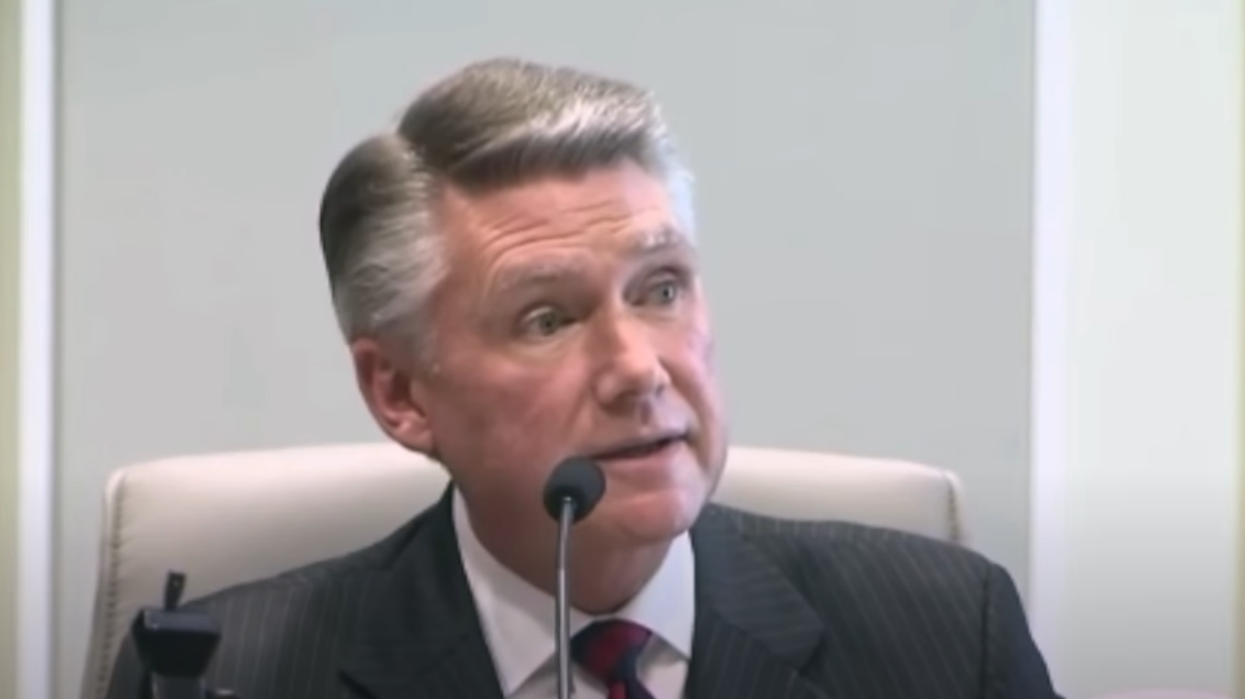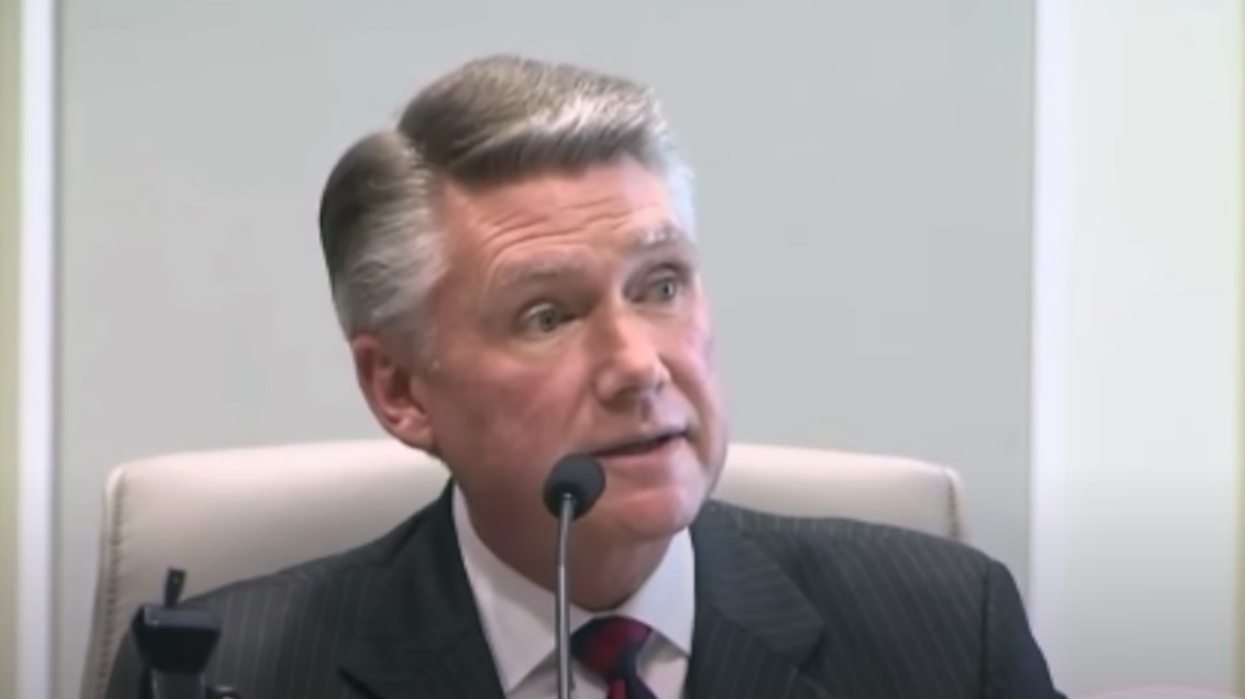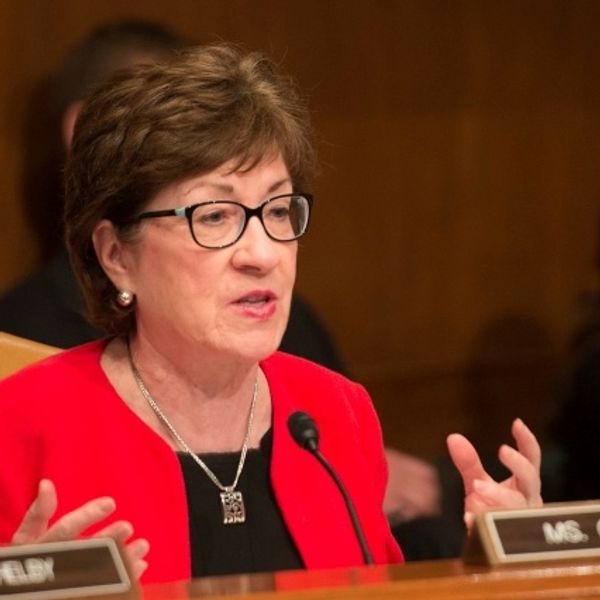Alleged 2018 Election Fraudster Wins GOP Primary In North Carolina
Pastor Mark Harris — whose previous primary election win in 2018 was tossed out after an alleged election fraud scheme — has once again won the Republican nomination for a newly drawn US House district deemed as safely Republican.
FiveThirtyEight's Nathaniel Rakich tweeted that Harris officially won the Republican primary to replace outgoing Rep. Dan Bishop (R-North Carolina), who is now the GOP nominee for Attorney General in the Tar Heel state. Harris won the competitive primary in spite of a controversy from 2018 that resulted in the bipartisan North Carolina State Board of Elections calling a new election the following year.
In 2018, Harris narrowly won the general election in the Ninth Congressional District by a little more than 900 total votes against Democrat Dan McCready. However, Leslie McCrae Dowless — a consultant who worked for his campaign — was alleged to have illegally handled absentee ballots, which is a felony. Dowless was described as a "shady character" by Harris' son, John, amid allegations that he engaged in similar underhanded practices with absentee ballots in 2016.
"Witnesses told state officials that Dowless, with help of his assistants, gathered hundreds of absentee ballots from Bladen County in 2018," the AP reported. "Those workers testified they were directed to collect blank or incomplete ballots, forge signatures on them and even fill in votes for local candidates."
After investigators compiled a mountain of evidence suggesting Dowless was engaging in underhanded efforts to compromise absentee ballot voting, Harris pivoted from urging election officials to certify his victory to calling for a new election. He ultimately avoided criminal charges in the investigation.
"Through the testimony I've listened to over the past three days, I believe a new election should be called," Harris said at the time. "It's become clear to me that the public's confidence in the 9th District seat general election has been undermined to an extent that a new election is warranted."
But now, with his primary victory on Tuesday night, Harris is poised to cruise to a general election victory in the new district in spite of the scandal that rocked his political career six years ago. This is especially true given how GOP-friendly the district has become after the North Carolina Supreme Court adopted a map regarded as one of the most biased redistricting efforts in recent memory.
In late 2023, the Brennan Center for Justice reported that the Tar Heel State's highest court reversed a prior 2022 decision rejecting maps that were deemed unfair to voters of color. That decision notably came after a 2022 election in which two conservatives won two additional seats on the court, granted in response to a request from Republican state lawmakers. The new, more conservative court concluded that gerrymandering was a "political" question and that the judiciary didn't need to involve itself.
While the old maps each had seven predominantly Republican districts and seven Democratic districts, the new maps effectively erased four of those Democratic seats.
"The new map easily ranks, along with Texas’s, as one of the two most extreme congressional maps currently in place," the Brennan Center wrote. "Indeed, the Republicans’ new North Carolina gerrymander is so durable that even an exceptionally strong Democratic wave year (think 2018) would not dislodge it. Even under the rosiest of foreseeable scenarios, Democrats win at most four of 14 seats. Put another way, Democrats could win a solid majority of the ballots cast for Congress, but their candidates would win less than 30 percent of seats thanks to Republicans’ carefully engineered gerrymander."
In addition to Harris' victory, Republican Mark Robinson's victory in the GOP gubernatorial primary also made headlines on Tuesday night. Robinson has called the LGBTQ+ community "filth," and likened them to "maggots" and "flies." He also said the Covid-19 pandemic was a "globalist" plot to oust Donald Trump from the White House.
Reprinted with permission from Alternet.












